the wall.
Caregiver burnout has been a hot topic since the early weeks following my accident. Long days and sometimes nights at the hospital had my loved ones feeling the weight of my new life with quadriplegia. The support team rallied around them and assisted where they could to prevent caregiver burnout.
Now 16 years later, I think it’s time we started talking about disability burnout. Eventually the heaviness of living with a disability falls solely on the person themselves. There’s a lot to unpack here so, please bear with me.
Living with a disability usually means that our body requires more care in one way or another. Being a quadriplegic not only requires mobility aids, for me, it requires a morning personal care routine that’s 2.5-4hrs EVERY. SINGLE. MORNING. (No days off). Which is why I say that depression is a luxury not afforded to the disabled community. We have no choice but to care for our vessel - or face serious health implications. Other things quadriplegia requires; medical supplies and support staff. Which are costs that I have always been completely responsible for. Financial stress is another added burden for many disabled people because more often than not, government support doesn’t cover all their expenses and equipment costs - if they’re even eligible - and education and employment are rarely accessible. Leaving very little options for disabled people to cover their living expenses - many disabled people in Ontario live in poverty.
Living with a disability also occupies that much more of your brain space when you’re literally managing your life - budgeting, scheduling and taking stock. We often over compensate by taking on extra responsibilities to lighten the load on the people around us, to offset the burden that we feel we are.
I find myself 16 years into this experience, the family supports no longer exist and I've been doing this alone since leaving my abusive marriage 5 years ago. And though I had struggled greatly with feeling like a burden on my family and support system, I have to wonder how difficult it is for my kids to watch me do this on my own. I'm thankful for the grace these little beings give me. The only silver lining in doing this alone, is that my children do not have to watch me suffer abuse at the hands of “family”. I know that my disability changes their childhood and I pray it helps them become empathetic and understanding men, rather than resenting me for the extra challenges. I'm not naïve to the fact that their feelings are bound to change with time and as different obstacles arise, as things in life always do.
I've arrived at a place in life, a chapter of disability, that I call "the wall". The enormous undertaking of keeping myself well has become an obstacle that I'm struggling to ascend. There's no safety net or climbing rope. No hand to reach down and pull me up. It's on me.. and I'm exhausted. I've hit the proverbial wall of disability burnout and it's a literal "wait and see" situation. I'm just waiting to see if I find the strength to climb before my body reaches the point where it can't recover. It's terrifying and taxing to even think of the implications, mostly for my kids. For anyone that's going to say "BUT YOUR KIDS NEED YOU", you're entirely correct, they do. My kids also need to see me supported, well and living a life that I'm proud of. I'm a shell of myself currently, not someone I'm proud to be. Do not mistake my exhaustion for weakness because I promise you, this life ain't for the weak.
As the years have progressed, the financial strain has become an inescapable burden. It's not cheap to live in a disabled body - and for anyone who thinks the government "takes care" of the disabled, you're wrong. For the first time post injury, hitting this level of burnout has left me in a state where I'm currently unable to continue working. As I try desperately to access the pitiful government assistance available in my province, I'm still met with hurdles. You know what was REALLY easy to access though... Medical Assistance in Dying. After a 2 1/2 hour appointment with my doctor, the process was started. I just have to complete the 91 day waiting period. It's been 32 days so far, which means that I'm 59 days away from the government helping me die.
In December, I asked my doctor for a referral to psychiatry. It won't be until early 2024 that I'm able to get an appointment and applying for government disability support is a 6-8 month waiting list.
I'm at an impasse. There is no light at the end of the tunnel. It's blatantly obvious that the government in place here in Ontario would rather end the lives of disabled people, rather than improve their quality of life.
This is not the Canada that I grew up in and once loved - and felt safe in.
There is SO much wrong with the system and I can assure you that there are places doing it waaaay better.
So at the risk of sounding like a bitter person with a disability, we need help. We need able bodied allies willing to rally for us and with us to create change. The average Canadian spends 8 to 11 years of their life with one or more disabilities. While these issues may not affect you today, it's very likely that it will affect you or someone close to you in the future.
Please check on your disabled friends.
We are not always alright, and sometimes we pretend to be ok because we're afraid of burdening you. It's time we all took off our masks.

